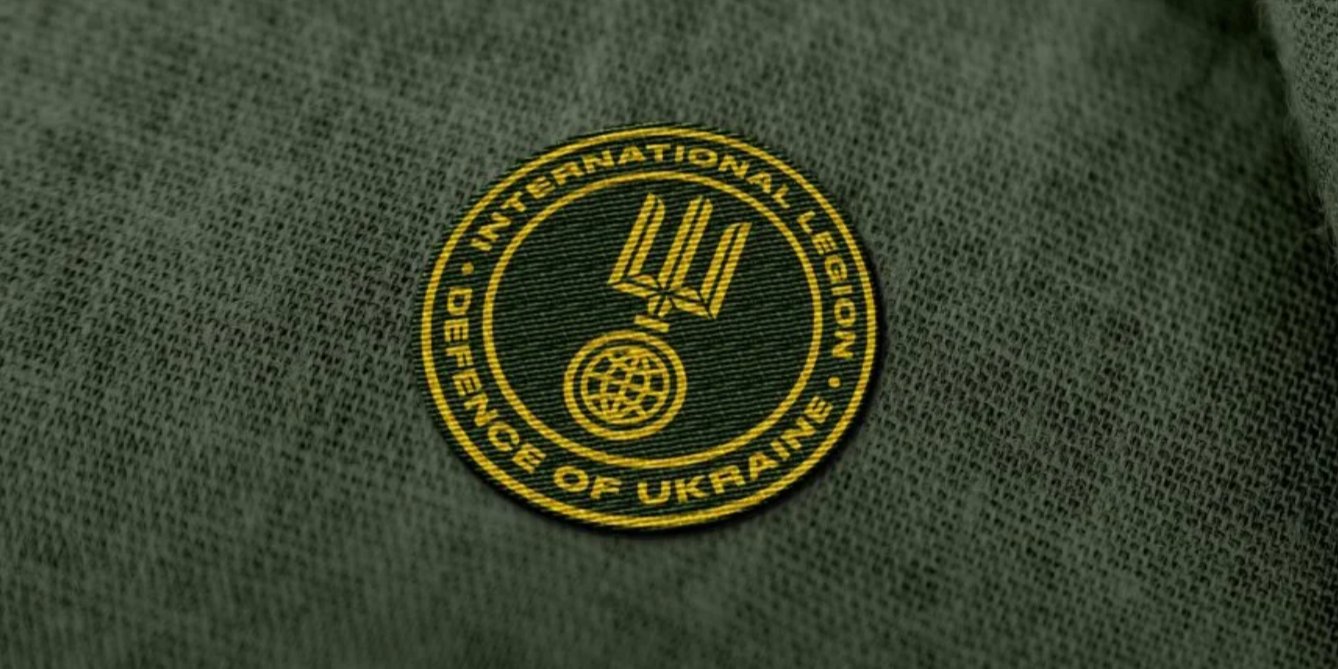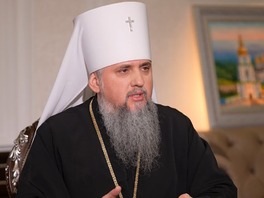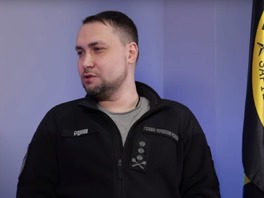Thousands of foreigners in the International Legion are actively engaged in combat alongside Ukrainian forces, countering the Russian incursion. Apostrophe reveals nationalities and the countries of origin of individuals enlisted in the Defense Forces of Ukraine to help it defend its independence.
Battle for Kyiv
The first foreign volunteers appeared in Ukraine in the summer of 2014, operating without a legal framework. This diverse group, encompassing individuals with and without combat experience, adventurers, and ideologues, gravitated toward volunteer units independent of the Armed Forces. Notably, the "Azov" battalion emerged as a focal point. Subsequent formations included the "Georgian Legion," as well as smaller Chechen and Belarusian units. Skilled individuals transitioned into instructional roles, despite the lack of state support. From 2014 to 2016, their legal standing remained precarious. It was not until 2016 that the "Regulations on military service in the Armed Forces of Ukraine by foreigners and stateless persons" came into effect, albeit applicable only to units within the Armed Forces, overlooking those under the National Guard of Ukraine – such as the "Azov" battalion, where the majority of foreign citizens served.
A paradigm shift occurred with the onset of the Russian full-scale invasion on February 24, 2022. By February 27, Ukrainian President Volodymyr Zelensky urgently called upon foreign citizens to enlist in a then-unknown entity, the International Legion.
Simultaneously, legislative amendments were enacted, permitting foreign citizens to serve in contracted roles within the Armed Forces of Ukraine, the State Special Transport Service, and the National Guard of Ukraine. However, their roles were restricted to positions such as private, sergeant, and сhief sergeant, devoid of access to state secrets.
The engagement of foreign volunteers in combat operations, particularly during the initial phase, notably the "Battle for Kyiv," proved highly impactful. Individual fighters and platoon-level units demonstrated effectiveness in battles for Moschun, Irpin, and various frontlines, frequently operating alongside the Main Directorate of Intelligence of the Ministry of Defence of Ukraine. Concurrently, the establishment of the International Legion as an integral component of the Armed Forces transpired.
Following the Russian withdrawal from Kyiv, systematic collaboration with volunteers at the state level commenced. Numerous challenges arose, with the foremost being the language barrier, addressed through the establishment of English-speaking and Spanish-speaking units.
In the September 2022 Slobozhan offensive operation for the liberation of Kharkiv Oblast, the Kherson liberation, and the autumn 2022 - winter 2023 battles for Bakhmut, foreign volunteers played a pivotal role. Their involvement extended beyond the International Legion, encompassing diverse brigades, including both motorized and mechanized units. Their commitment endures in ongoing operations.
All non-citizens were swiftly incorporated into assault troops, deploying them to the frontline. Despite the fact that certain individuals from NATO-affiliated nations possessed expertise in diverse military domains, the International Legion exclusively consisted of infantry units, which eventually resulted in some decline in volunteer numbers.
Two legions
The official count of volunteers has never been disclosed, especially given the potential legal repercussions in the home countries of some combatants for engaging in foreign conflicts. Yet, the appearance of the 2nd International Legion in 2023, actively participating in battles in the Donetsk region, suggests a substantial presence of foreign soldiers within the Armed Forces.
According to estimates from The Soufan Center in 2019, approximately 880 foreign individuals were present in the combat units of the Armed Forces of Ukraine on the frontline. The current data on the number of foreign volunteers for 2022-2023 is unavailable, but there are statistics on casualties. As of January 13, 2024, 333 foreigners are reported to have lost their lives in the Russian-Ukrainian war, with 51 from the United States, 49 Georgians, 33 Belarusians, and 23 Colombians. Three foreigners, including a Croat and two Belarusians, are believed to have been captured, and their fate is uncertain. Since 2014, Russian propaganda has propagated the idea that Ukraine recruits citizens from other nations for the war against Russia, labeling them "mercenaries" and asserting the right to shoot them on sight. However, in September 2022, Moscow, with the intervention of Arab sheikhs, released 10 captured foreigners who served in the Armed Forces during the occupation of Mariupol, facilitating their transfer to Saudi Arabia.
Foreign casualties persist on the frontline, as evidenced by recent events. In mid-January 2024, 33-year-old Marine Thomas Gray Harris from California was laid to rest at Arlington Military Cemetery in the United States. Having volunteered in Ukraine during the summer of 2023, he succumbed on November 24. Similarly, on January 4, 2024, Bulgarian national Slavkov Svetoslav Ivanov (born in 1992), a member of the 40th separate rifle battalion "Kodak," lost his life in the conflict.
‘Proper Russians’
Notable entities include the "Freedom of Russia" Legion and the "Russian Volunteer Corps," both established in the summer and fall of 2022. These units are сomprising ethnic Russians from the European Union and Ukraine, Belarusians, and defectors from the Russian Armed Forces.
These relatively compact units were responsible for conducting incursions into the border regions of the Russian Federation. Notably, on January 18, 2024, the ‘proper Russians’ executed an ambush on a Ural truck in the Bryansk region, resulting in two Russian servicemen killed and two others wounded
In essence, the decision to engage foreign citizens in military service proved judicious and highly beneficial for fortifying the Armed Forces of Ukraine, particularly in the initial months of the extensive invasion. While there was a substantial number of motivated Ukrainians taking up arms, the shortage of individuals with combat experience was evident during that critical period.






